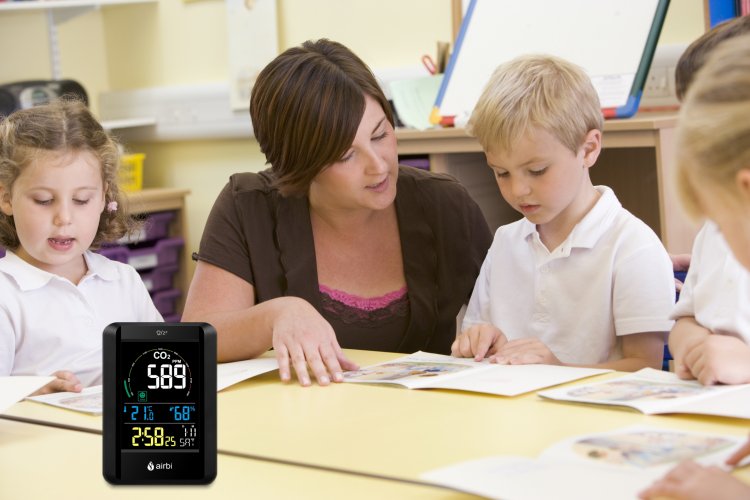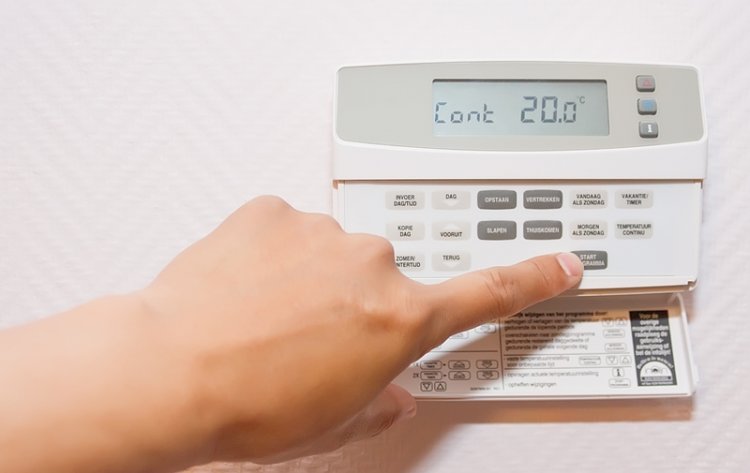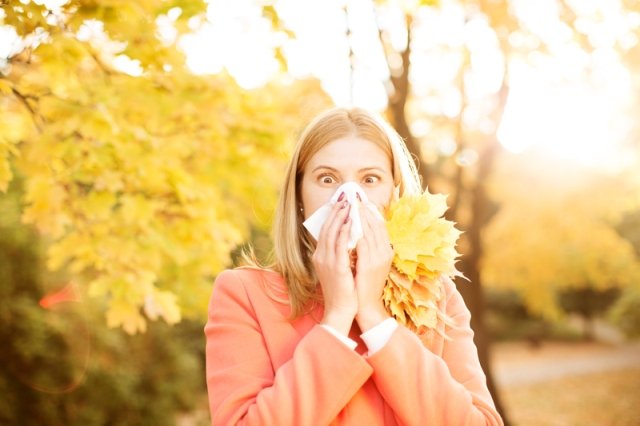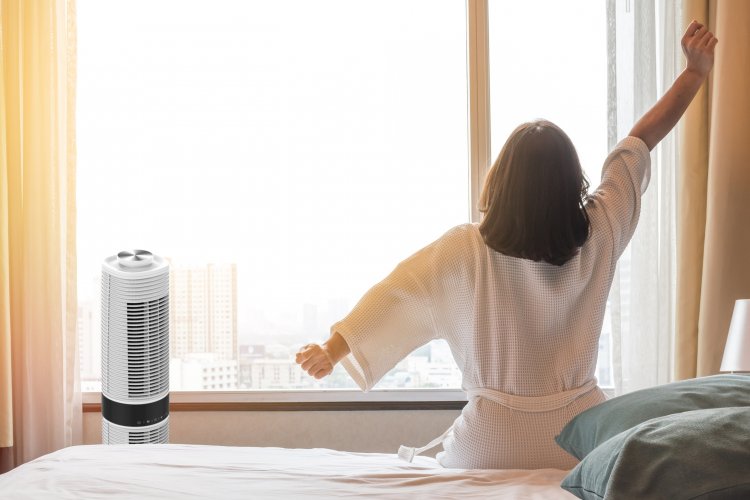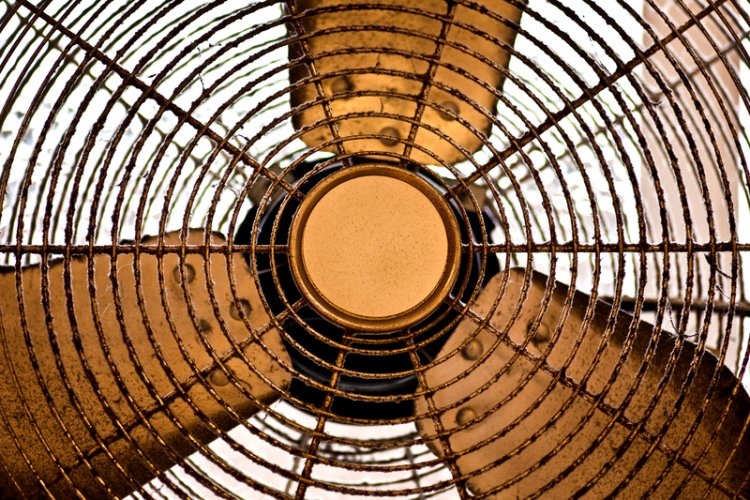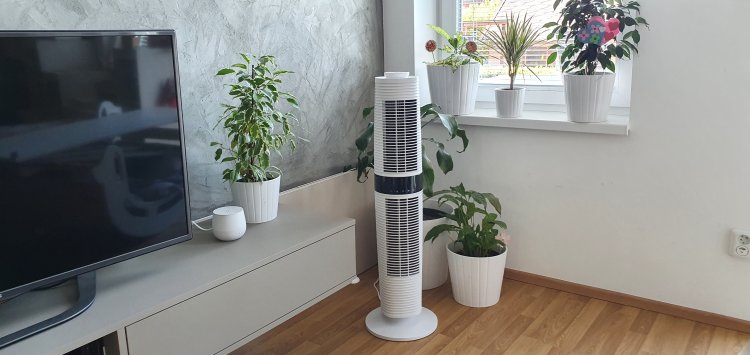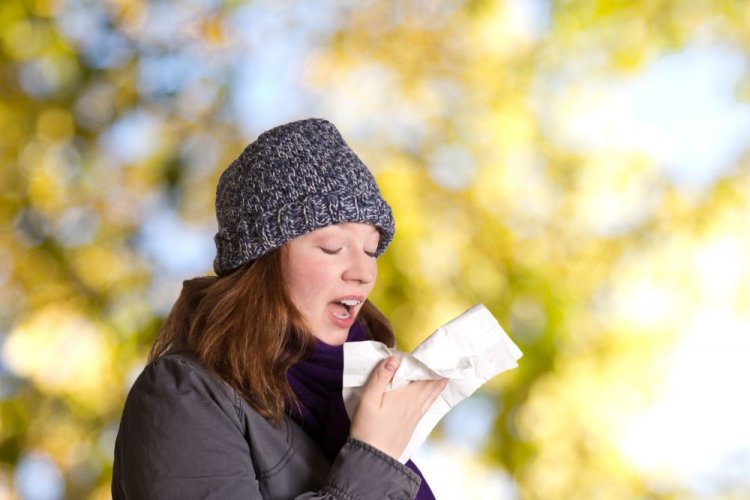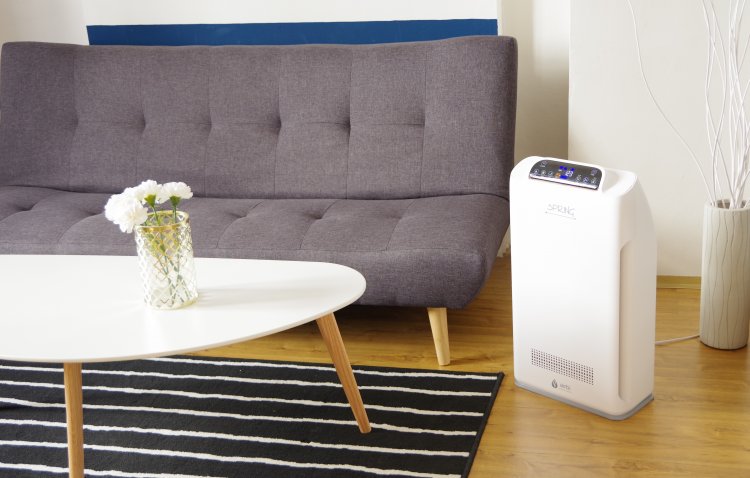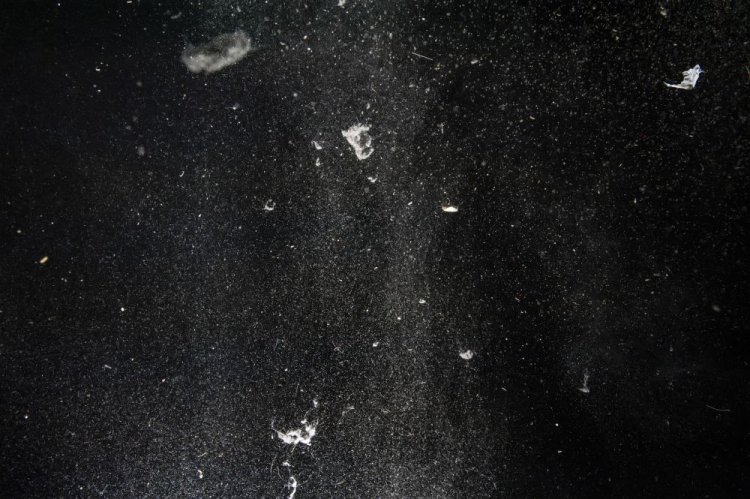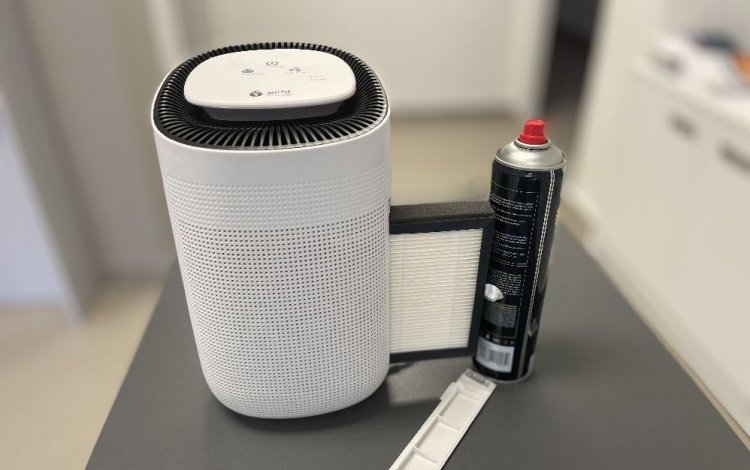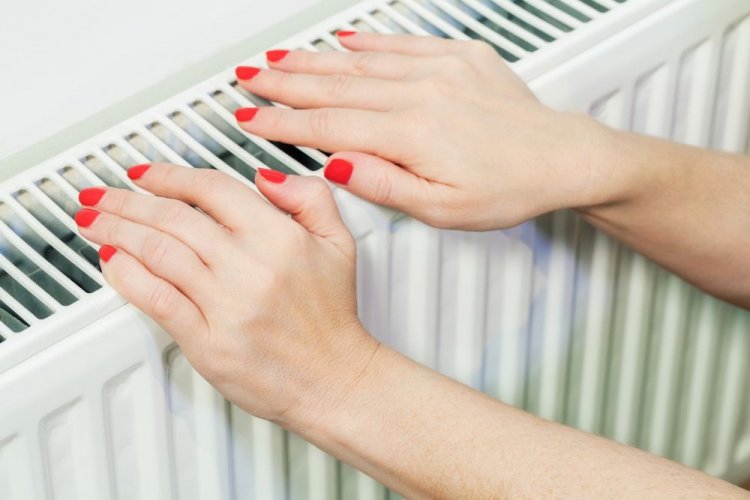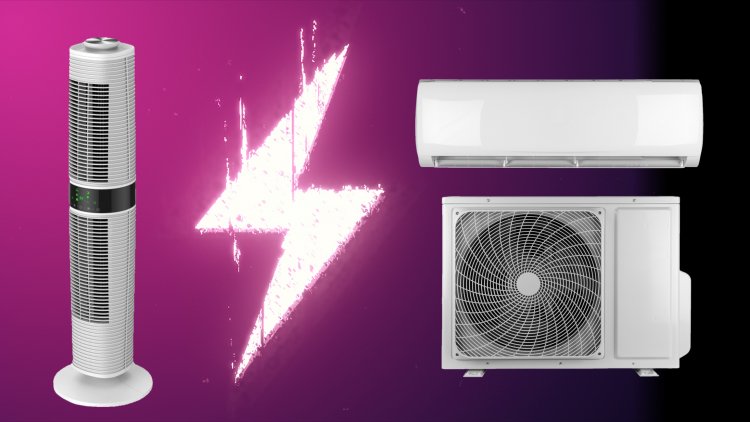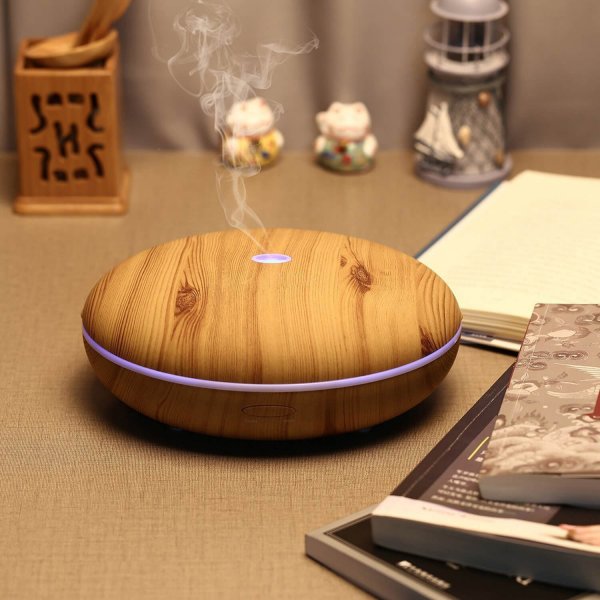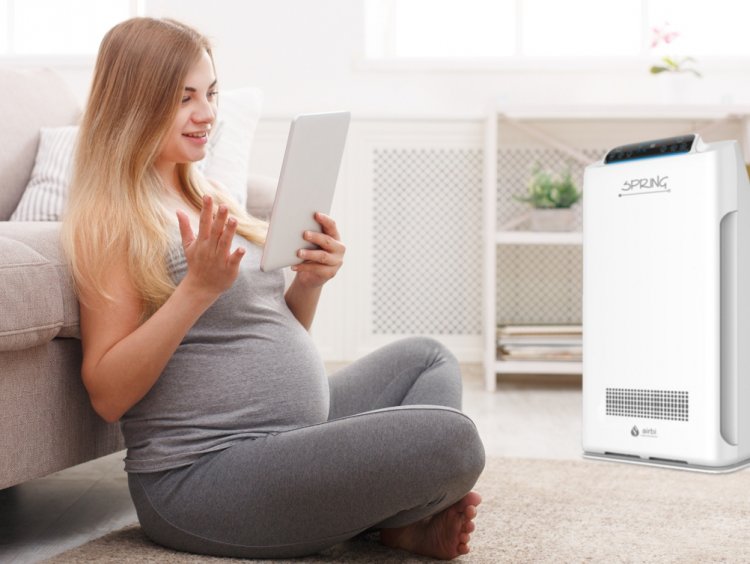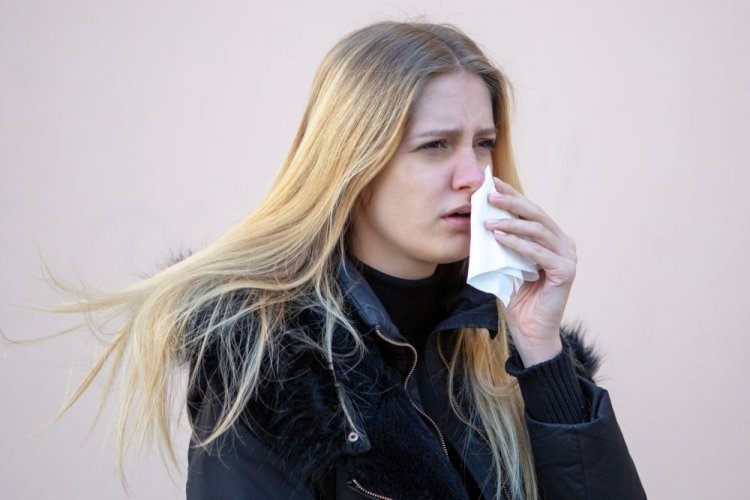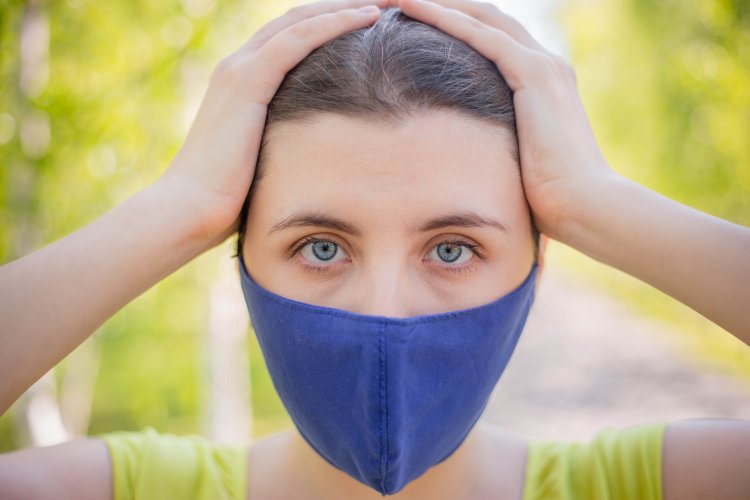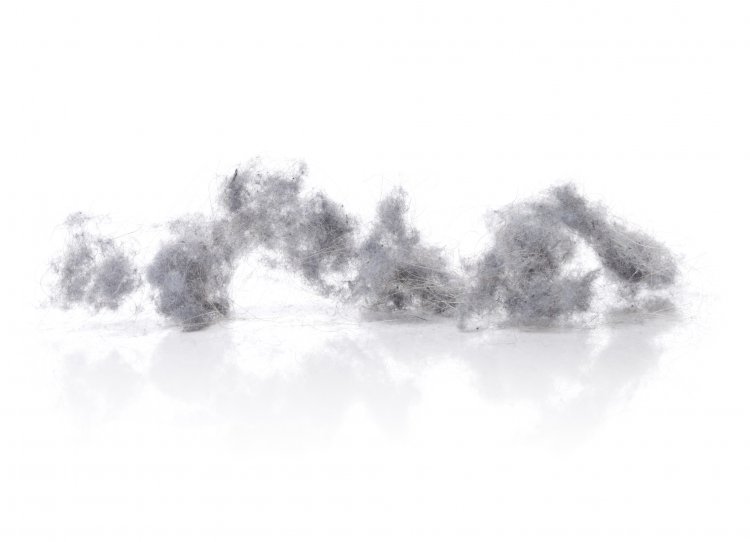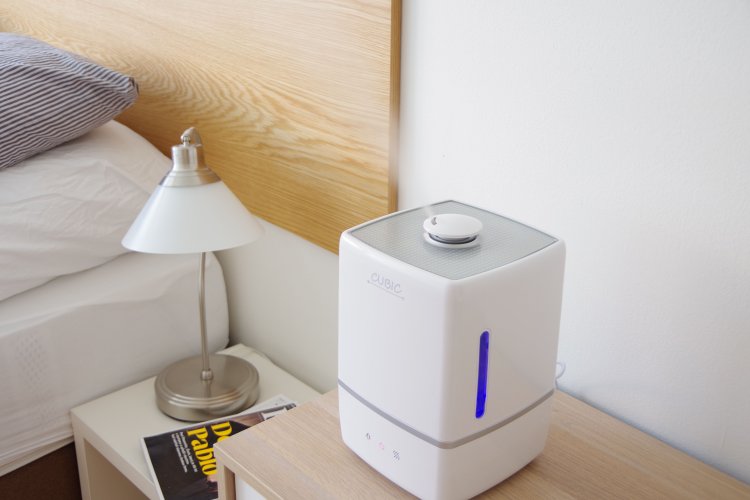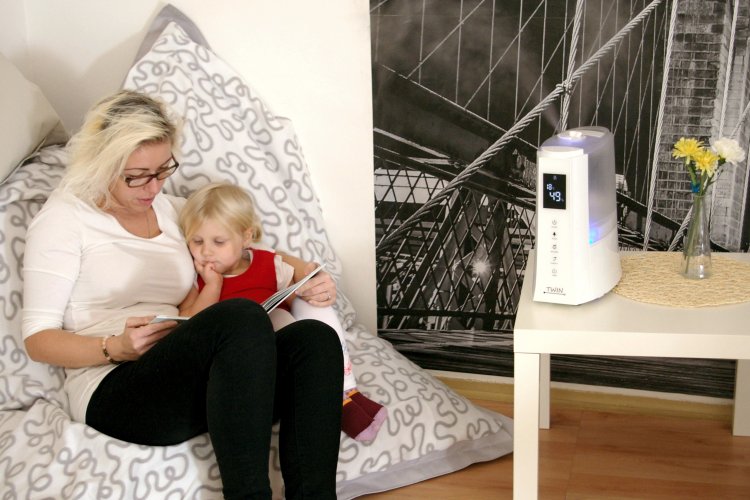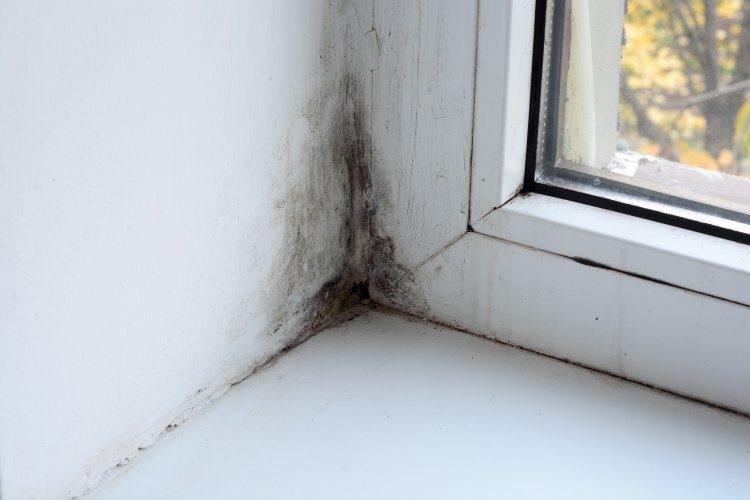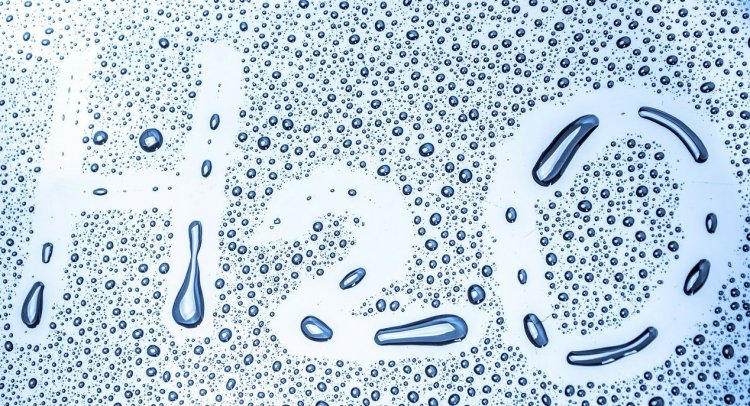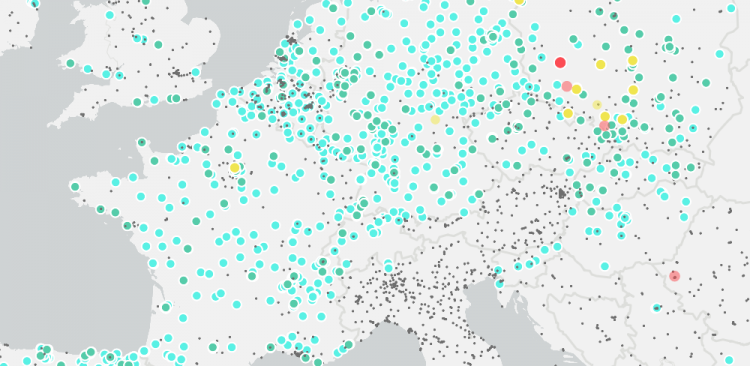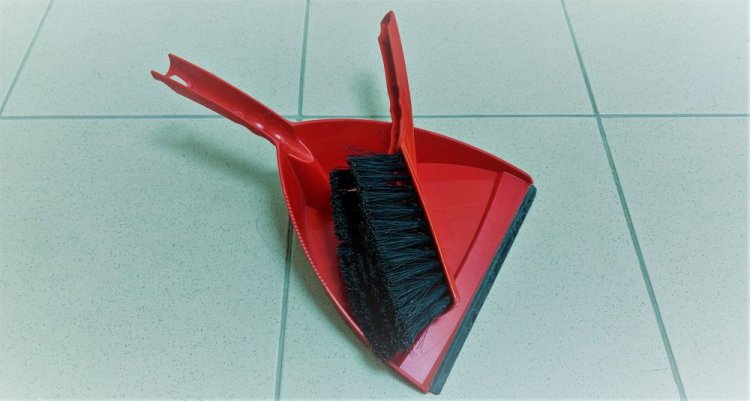

4 advantages (and 1 disadvantage) of desiccant dehumidifiers
Feb 20, 2025High humidity can be unpleasant. If you're choosing a dehumidifier, this brief overview of the advantages and disadvantages...
A recently published meta study of German and Indian researchers examined the role of relative humidity in the behaviour of a new type of coronavirus. The result of the research, which summarizes the results of ten previous studies, is that relative humidity has a really big effect on the spread of the virus through the air. In drier rooms, the ability to spread the virus is higher than in rooms with optimally humid air with a value of 40-60% relative humidity.
What is the cause of it? According to the study, the cause is simple - gravitational force. The virus does not just float in the air, it is attached to tiny particles - water droplets. The behaviour of these particles is different in humid and dry environments. In a humid environment, these droplets - a combination of salt, water, organic matter and attached viruses - increase in size and fall to the ground faster. This reduces the risk of inhaling infected particles. In dry indoor air, however, these droplets evaporate and are much lighter, so they are borne by the air. And this is the optimal way for the virus to get into the human body or to attach itself to the surface of objects, where it can survive for many days.
In addition, keeping the relative humidity in the range of 40-60% (for example, by opening a window in the warmer months or turning on zvlhčovače vzduchu in winter) you will ensure adequate moisturization of the respiratory mucosa. It can capture the virus on its ir surface and not let it into the body, as the research leader says Ajit Ahlawat.
According to scientists, the approaching winter months pose a risk in terms of the spread of coronavirus indoors. The heating we use in winter dries the air. The relationship between temperature and humidity also plays a significant role. Therefore, an open window in winter has the opposite effect on indoor humidity than in summer - it further dries the air. The colder the air, the less moisture it is able to absorb. Paradoxically, this may apply to situations in tropical parts of the world where indoor air is often extremely cooled by air conditioning systems. As the air temperature decreases, so does its humidity, increasing the chances of coronavirus spreading.
Source: Ahlawat, A., Wiedensohler, A. and Mishra, S.K. (2020). An Overview on the Role of Relative Humidity in Airborne Transmission of SARS-CoV-2 in Indoor Environments. Aerosol Air Qual. Res. 20: 1856-1861. https://doi.org/10.4209/aaqr.2020.06.0302



